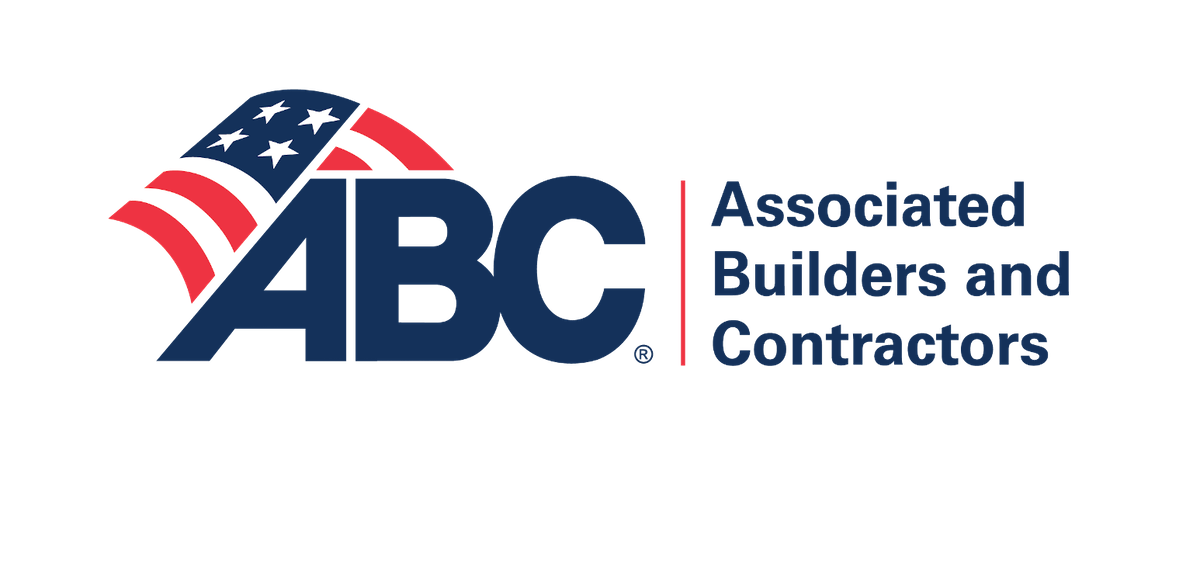Vermont Prevailing Wage Information
GENERAL INFORMATION
The State of Vermont maintains its own state prevailing wage law called the Capital Construction Act (CCA) under 29 V.S.A. Section 161(b). All employees working on construction projects must be paid no less than the mean (average) prevailing wage determined by the Vermont Department of Labor (DOL). The mean prevailing wage rates published here are effective as of June 16, 2014. These rates will remain in effect until the next publication (anticipated for June 2015). Prevailing wage rates are based on 2013 Occupational Employment and Wage Survey estimates.
Prevailing wage requirements are only applicable to construction related occupations. Definitions for all occupations can be found on the U.S. DOL, Bureau of Labor Statistics website (www.bls.gov/oes/current/oes_stru.htm). If a particular occupation is not listed, contact the Vermont DOL at (802) 828-4153 to discuss whether a prevailing wage rate would apply to that occupation.
Additionally, it is important to note that the state is divided into three geographic areas for determining prevailing wage rates:
1) Burlington-South Burlington Metropolitan New England City and Town Area (NECTA)
2) Southern Vermont Area
3) Northern Vermont Area
THRESHOLD
Any project authorized/funded by the State of Vermont CCA and which cost more than $100,000 is subject to the Vermont prevailing wage laws.
To determine if a specific project is covered under Vermont prevailing wage law, contact:
Deborah Damore
Department of Buildings and General Services
Phone: (802) 828-2211
Email: [email protected]
TIMING OF WAGE DETERMINATIONS & INCREASES
The Vermont prevailing wage law expressly states that the source of wage data is the Bureau of Labor Statistics’ (BLS’) Occupational Employment Statistics (OES) data series. Thus, wage rates change every year based on VT OES data; rates by trade/occupation may increase/decrease based on the OES estimate.
OVERTIME
Under Vermont’s CCA, no requirement exists that workers receive different overtime depending on the trade classification they work. Thus, Vermont state law is followed. State law guidelines listed under Section 5 of the Minimum Wage Rules require that workers be paid at a rate of time and one-half for every hour worked in excess of forty hours in a work-week.
The Vermont DOL, Wage and Hour Division, oversees the overtime regulations regarding prevailing wage. For more information on overtime rules per trade/occupation, please call (802) 828-5082.
WORKING ON WEEKENDS
Vermont’s CCA does not mandate payment of different rates for employment on the weekends. State overtime rules apply. Please See, “Overtime” rules above.
WORKING ON LEGAL HOLIDAYS
Vermont’s CCA does not require payment of different rates for working on various legal holidays. An employer may determine which holidays it would like to compensate his/her employees for.
SHIFT DIFFERENTIALS
Vermont’s CCA does not require payment of different rates for working various shifts throughout the day depending on the trade classification worked.
FRINGE BENEFITS
Under Vermont’s CCA, there is no requirement for the prevailing wage rate to include fringe benefits. Prevailing wage rates are straight-time, gross pay, exclusive of premium pay, and do not include the cost of fringe benefits.
TRAINING CONTRIBUTION
Vermont’s CCA does not require payment of training contribution.
APPRENTICE REQUIREMENTS
The requirement to be an apprentice in Vermont is that the worker must attend an apprentice training program. To qualify as an “apprentice” the requirements vary from program to program. Almost all programs require a high school diploma or GED certificate, some basic math and science courses, aptitude and the physical ability to perform the work.
Vermont has developed a state apprenticeship program called “VT Registered Apprenticeship,” which is an employer-sponsored training program that includes both supervised work experience and related instruction.
The prevailing wage rate for an apprentice is the rate for the occupation for which they are apprenticing (e.g., plumber, electrician, etc.). Apprentices are not considered “helpers.”
For additional questions on apprentice requirements, please call (802) 828-5250.
TRAVEL AND SUBSISTENCE
Vermont’s CCA does not require payment for travel and subsistence.
CONTRACTOR LICENSING
The requirements to obtain a license vary depending on the trade classification the contractor is seeking to obtain. Please See, for list of licensed occupations for details on individual requirements per trade: http://www.vtlmi.info/licocc.cfm?page=index. Moreover, please contact the appropriate licensing board/agency for the most current licensing requirements per trade.
PENALTIES
Pursuant to 29 V.S.A. § 161(g), anyone that “knowingly and with intent to defraud makes” a false statement/representation to affect/deny any benefit/payment under this section, will be fined no more than $10,000 or imprisoned no more than three years.
DEABRMENT
According to Vermont’s CCA, the Agency of Administration maintains a list of employers that have been prohibited from contracting with the State or any of its subdivisions, and the Agencies of the Administration and of Transportation publishes this list on its websites.
HELPFUL LINKS
Vermont’s CCA
2014 Vermont State Construction Prevailing Wage (updated annually in June)
Online wage claim
Wage claim form
2013 fringe benefit study
2013 Licensed and certified occupations in Vermont
Licensed occupations in other states
Apprenticeship information
CONTACT INFORMATION
Questions regarding prevailing wage rates, occupations or wage rate areas:
Matthew J. Barewicz
Vermont Department of Labor
Economic & Labor Market Information
Phone: (802) 828-4153
Fax: (802) 828-4050
Email: [email protected]
Website: www.vtLmi.info
To file complaint regarding failure to pay prevailing wages/incorrect payment of a prevailing wage contract:
Vermont Department of Labor
Wage & Hour Division
Phone: (802) 828-0267
Email: [email protected]








